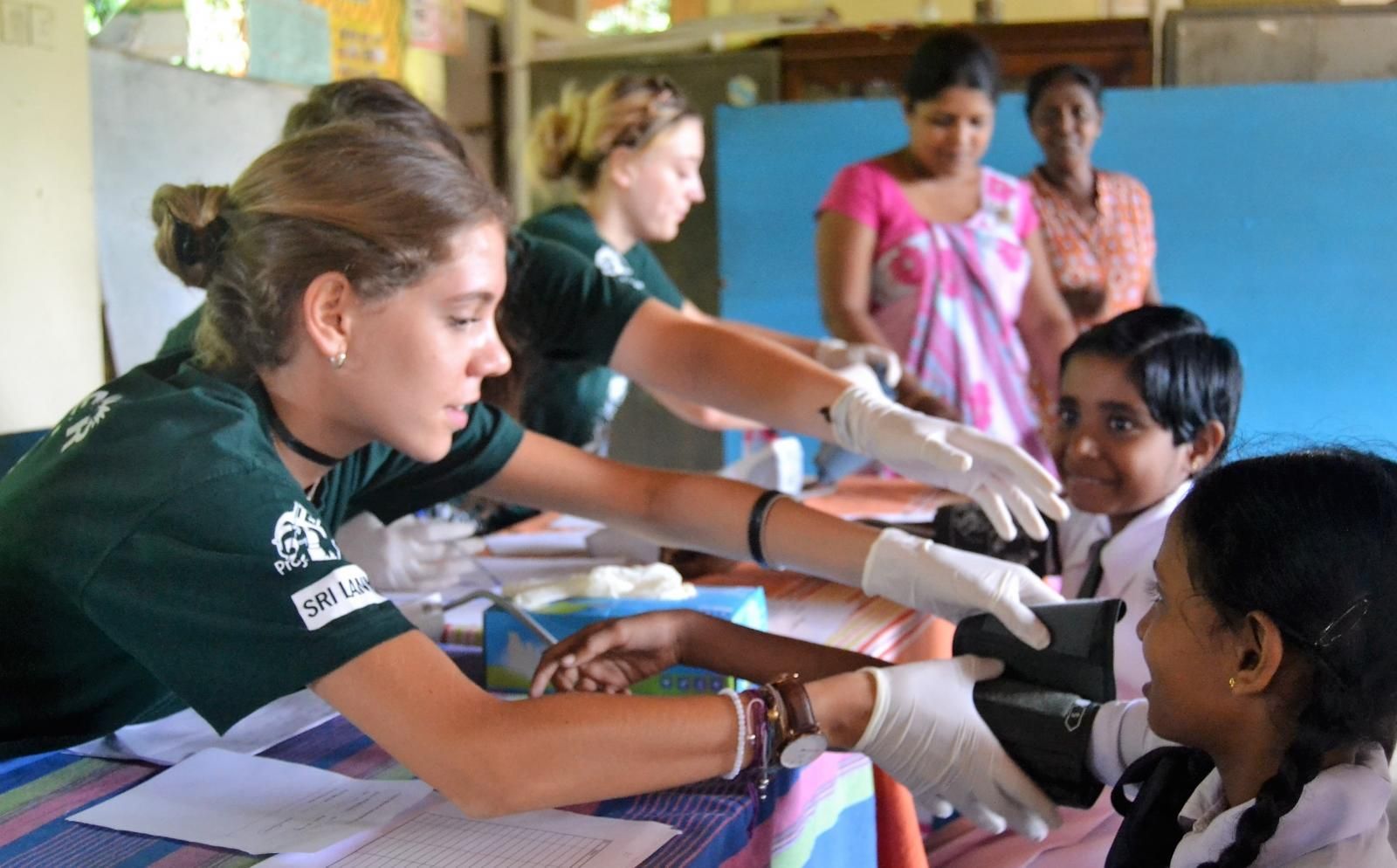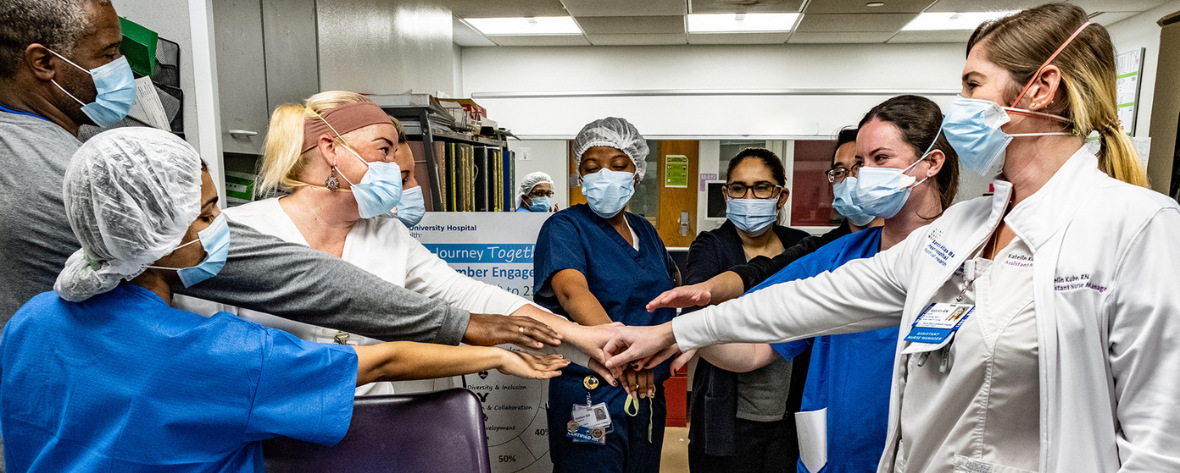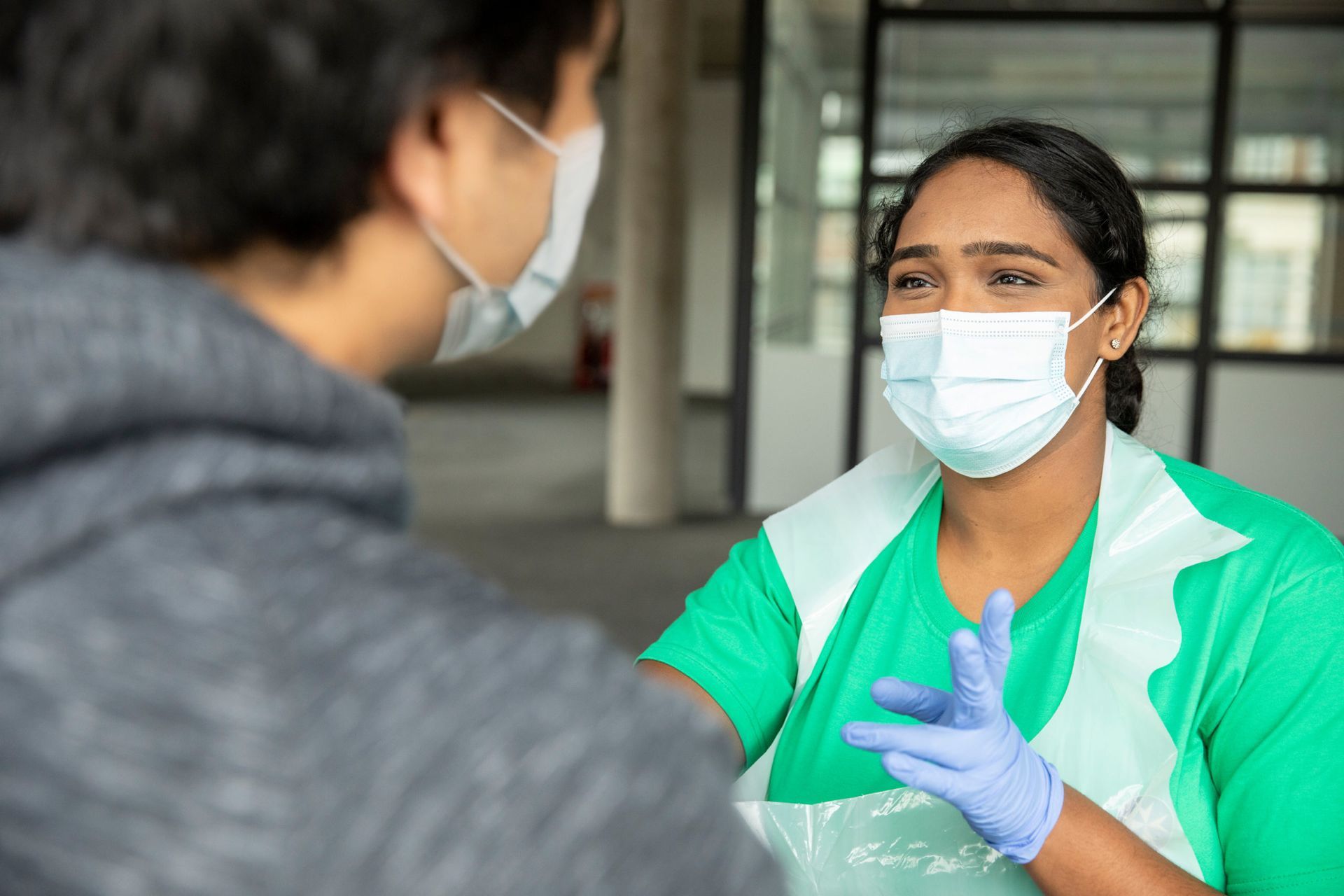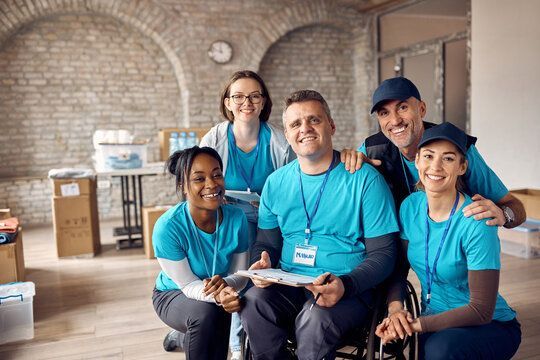Paid vs Volunteer Medical Work: Which is Better Experience?
When starting a career in the medical field, the choice between paid and volunteer work depends on your specific goals—each offers distinct advantages. If you’re looking for hands-on clinical experience and financial stability, paid medical work might be the better option. However, if flexibility, community impact, and personal growth are your priorities, volunteer work could be more rewarding. You can check the volunteer usual tasks to better understand the roles and responsibilities involved.
Why Paid Medical Work Experience Is Better?

Paid medical work experience offers a practical and often hands-on way to enter the healthcare industry. If you're someone who wants to gain clinical skills while also receiving compensation, this might be a suitable route for you.
Paid medical work may require specific training or certifications. For instance:
- Phlebotomy: Becoming a phlebotomist generally takes three to eight weeks of training to obtain the necessary certification.
- Certified Nursing Assistant (CNA): CNAs undergo training to assist in patient care, including administering medication and monitoring vital signs.
Paid roles like these provide essential experience in a real clinical environment, allowing you to learn procedures, interact with patients, and become familiar with medical terminology.
Advantages of Paid Medical Work
- Hands-On Clinical Experience: Get direct exposure to patient care and medical procedures.
- Income: The compensation you receive can help support your education or other expenses.
- Professional Development: Build a strong foundation in ethics, time management, and patient care.
Volunteer Medical Work Experience For Beginners

If you're still a college student or just beginning your journey into the healthcare world, volunteer medical work can be a fantastic option. Volunteer work typically requires less time and responsibility than paid clinical jobs, which makes it ideal for students looking to dip their toes into the medical field.
Benefits of Volunteering
- Flexible Commitment: Volunteering allows for more flexibility than paid work.
- Exposure to Healthcare: Gain insight into the healthcare industry without immediate responsibilities.
- Community Impact: Assist patients, provide companionship, and support medical staff with non-medical tasks.
For instance, at CleanUP, our
mobile clinic offers aspiring healthcare professionals the chance to gain direct experience by working alongside families, single parents, and individuals who need support in Bedford, Texas. Volunteers not only assist with essential healthcare services but also contribute to creating a welcoming environment for those facing financial hardships. This kind of real-world experience can be incredibly impactful for someone looking to develop skills in patient interaction and community care.
Many medical schools value volunteer experiences, as they show a commitment to helping others without expecting anything in return. If you’ve ever wondered, can you volunteer in a clinic without experience, the answer is often yes—making it a great way to get started in healthcare. It’s also a chance to explore different specialties, meet healthcare professionals, and figure out where you want your career to go.
Medical School Admissions – What Counts the Most?

For those planning to apply to medical school, one of the biggest questions is whether paid or volunteer experience will make a stronger impression on admissions committees. The answer depends on the program and your long-term goals.
What Medical Schools Consider Important
- Direct Clinical Experience: Paid or volunteer, hands-on experience is prioritized.
- Research Experience: Especially relevant if aiming for research-intensive programs or MD/PhD.
- Diverse Background: A blend of shadowing, clinical volunteering, and patient care stands out more than focusing solely on one type of experience.
Benefits of Medical Volunteering – Is It the Right Choice for You?

Volunteering in healthcare offers benefits beyond gaining experience—it can profoundly shape your outlook on patient care. Many pre-medical students accepted into medical school report that they completed around 100 hours of volunteer work. This number is not a hard rule, but it gives an idea of the level of commitment medical schools look for.
Benefits of Medical Volunteering
- Learn by Observing: Volunteering allows you to observe clinical environments without the immediate stress of direct responsibility.
- Interpersonal Skills: Develop empathy and communication skills by interacting with patients and their families.
- Holistic Exposure: Understand the human aspect of healthcare beyond diagnoses and treatments.
CleanUP provides several opportunities to gain this kind of experience. Whether you're volunteering with our mobile clinic, assisting with our Community Clothes Closet, or helping out in our Mobile Shower unit, you’re directly impacting lives and gaining a deeper understanding of community needs.
Pros and Cons of Paid Healthcare Work

Paid Healthcare Work: Advantages
- Clinical Exposure: Paid positions give you direct exposure to the clinical side of healthcare. You get to see first-hand how hospitals operate, how to manage patient interactions, and how clinical procedures are performed.
- Income: One obvious benefit is the compensation. Earning while you gain experience allows you to support your education and manage living expenses.
- Professional Environment: Paid jobs come with more responsibility, which means you get accustomed to meeting the expectations and challenges of a professional healthcare setting.
Paid Healthcare Work: Disadvantage
- Limited Availability: Many paid medical positions, especially those involving patient care, require certifications and training, limiting access for those just starting out.
- Time Commitment: Paid work requires a regular time commitment, which might not be feasible for students already juggling a busy schedule.
Medical Experience Through Volunteering

Volunteer work may not provide the same level of clinical responsibility as paid work, but it offers other important benefits. It encourages a deeper emotional connection with patients and exposes you to the broader spectrum of the healthcare environment, including support tasks that are vital to patient care.
Key Benefits of Volunteering:
- Emotional Connection: Build empathy by connecting with patients and understanding their challenges.
- Flexibility: Many volunteer positions offer flexible schedules, making them ideal for students.
- Community Involvement: Experience the satisfaction of giving back to the community.
At CleanUP, for example, volunteering goes beyond medical experience. Whether it's providing free haircuts in our Mobile Barbershop to restore dignity, or delivering essential goods to families through our Free Delivery Service, the experience at CleanUP is holistic and community-focused.
How to Decide Between Medical Volunteering and a Paid Position?

- Practical Experience and Compensation: Paid work is suitable if you want hands-on experience and financial stability.
- Flexibility and Community Impact: Volunteering is ideal if you want flexibility and the opportunity to give back without a heavy time commitment.
- Altruism: Volunteering shows medical school admissions committees your genuine dedication to helping others.
Conclusion
In the debate of Paid vs Volunteer Medical Work: Which is Better Experience?, there is no one-size-fits-all answer. Both paid and volunteer medical work experiences are valuable in their own ways, and the best choice depends on your career goals, the stage of your education, and what you want to get out of the experience.










